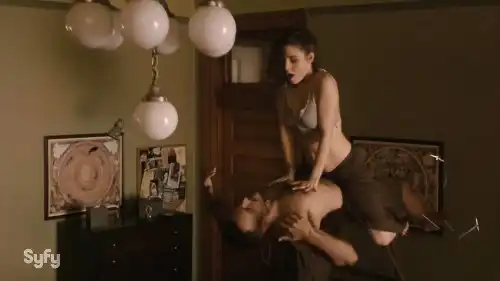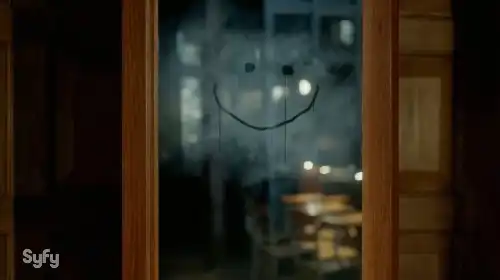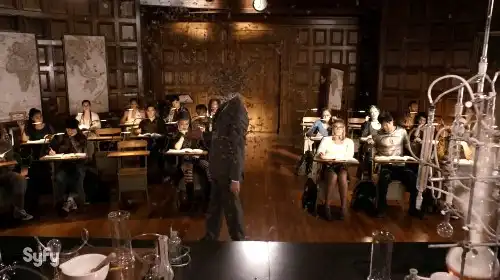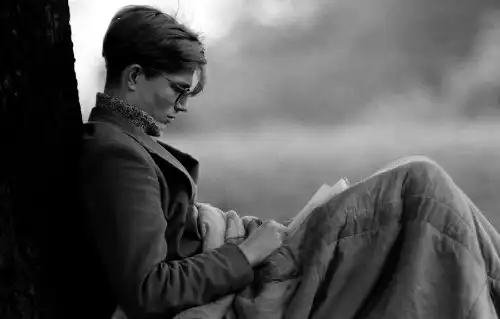That's Not Magic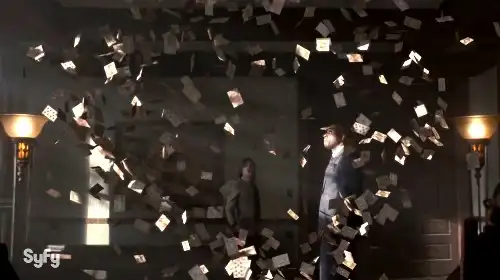 Review of the TV-series The Magicians, by Stefan Stenudd
I saw the first episode of The Magicians and that was probably also the last episode I will watch. There's just nothing to it. The story is confused and completely void of any original ideas. It's just one of those products trying to cash in on previous successes, contributing nothing significant of its own. The makers of it evidently do not even have a clue about the reason for the success of the predecessors they try to exploit. The casting is just as lost as the handling of the story and its premises. A bunch of hipsters try to play the roles of geeks. I guess they're supposed to be around twenty years old, but most of them give the impression of pushing thirty.
None of the other characters is given any more substance or believability. The way The Magician steals from previous successes is as shameless as it is clueless. Harry Potter's Hogwart is turned into a college. That's about it. Well, a college with students pushing thirty.
To top it off, The Magician picks bits and pieces from Narnia.
The Science of MagicStill, the above shortcomings are almost negligible compared to the total ignorance of the nature of magic shown in The Magician. They just don't get it.The glimpses of magic seen are of diverse kinds with little or nothing in common. Some are paranormal mental capacities, some are spells from old books, and some chemistry lab products. It's like a supermarket of special effects. This is not uncommon in how magic is presented in fiction. J. K. Rowling did the same, but at least she went through some efforts to connect the dots and make kind of a sketch of what is really behind it all. The magic of The Magicians et al is based on a misunderstanding of the history of magic.
One example is alchemy, a word that simply means the chemistry, initially not at all separate from the science of chemistry we nowadays reward with Nobel Prizes. The efforts to make gold out of lesser metals were carried out with the basic trial-and-error method, though error proved to be a given. Even the symbolic idea in some alchemy traditions of fostering the mind to a transcended state, which could be called golden, was thought of as a proper scientific application of what nature might contain and man was able to obtain. The same is true about astrology and other methods of divination. They were based on the belief that the future was accessible by certain methods, because the world was seen to be governed by higher laws or a higher will with an inescapable outcome that must be possible to predict somehow. And of course, what happens in the universe is governed by natural laws that make most future events if not all of them predictable, at least in theory. There was no abracadabra fireworks magic out of nothing imagined. Not even for the abracadabra incantation, which relates to the idea of creation by command, as in the biblical god's Let there be. Like with science, what we call magic was in history part of the human effort to understand the world and control it. So, what would prove to be possible was not magic at all, but simply real. It was a search for what reality is, and not for what it is not.
Faculty XWhat we call the paranormal is also not a search for magic. If something paranormal is proven to exist, then it is normal. Something metaphysical confirmed to take place is simply physical. It may change our understanding of the laws of nature completely. But if proven to exist, then it is definitely part of nature.In parapsychology, all kinds of paranormal abilities are tested such as psychokinesis, clairvoyance, mind reading, and so on. As far as I know, none of it has yet been proven beyond doubt. Nor is all of it ready to be thrown into the trash can. We will have to wait and see. The British author Colin Wilson (1931-2013) theorized repeatedly about the paranormal. In his extensive book The Occult: A History from 1971, he tried to find a force that would explain all paranormal abilities, sort of a united field theory of metaphysics. He called it Faculty X, in lack of a better name, and what he described was not far from a lot of ancient life energy ideas, such as the prana of India and qi of China.
If so, it would change our understanding of how the world works. But it would not be magic. Actually, it would cease to be magic at the very moment it was confirmed. Therefore, magic does not exist anywhere else than on the stage where a man in black tails pulls a rabbit out of his top hat. So, when handling what we call magic in fiction, it is just ridiculous to have all kinds of paranormal phenomena in a big mess. It is much better to follow the thoughts of Colin Wilson and exploit the idea of one such power, one ability yet to be proven, and to make it believable. That's proper use of the quest of fantasy, a process of the imagination that might not be science, but very often gives it the most revolutionary ideas. The world may be bound by uncompromising laws, but the human mind is only restrained by the limits of its imagination.
Stefan Stenudd December 18, 2015
Click here for more reviews
About CookiesMy Other WebsitesCREATION MYTHSMyths in general and myths of creation in particular.
TAOISMThe wisdom of Taoism and the Tao Te Ching, its ancient source.
LIFE ENERGYAn encyclopedia of life energy concepts around the world.
QI ENERGY EXERCISESQi (also spelled chi or ki) explained, with exercises to increase it.
I CHINGThe ancient Chinese system of divination and free online reading.
TAROTTarot card meanings in divination and a free online spread.
ASTROLOGYThe complete horoscope chart and how to read it.
MY AMAZON PAGE
MY YOUTUBE AIKIDO
MY YOUTUBE ART
MY FACEBOOK
MY INSTAGRAM
STENUDD PΕ SVENSKA
|
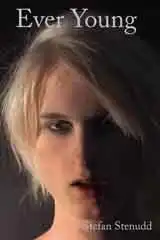 Ever Young
Ever Young